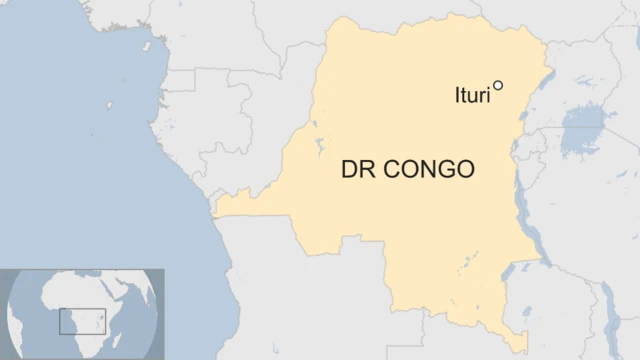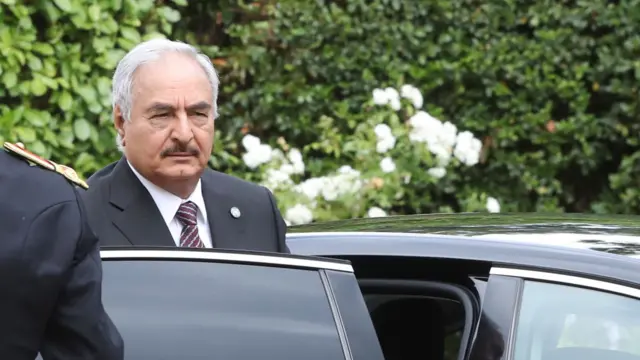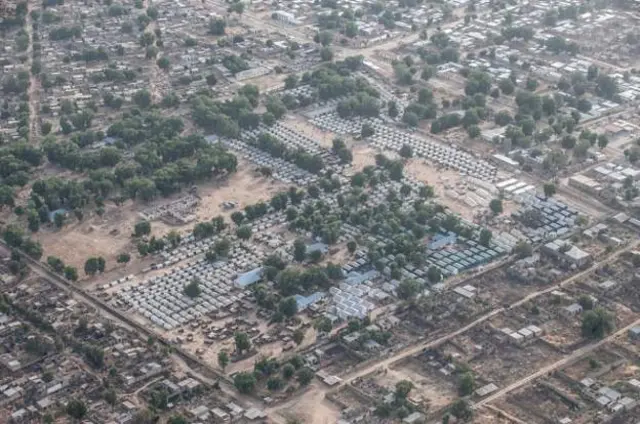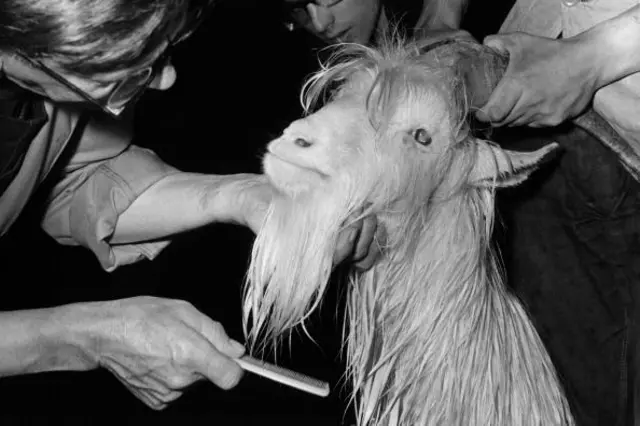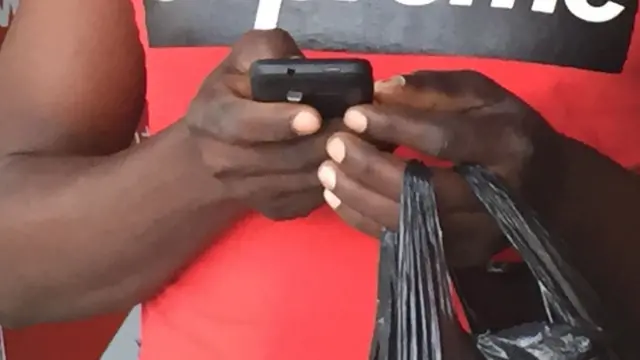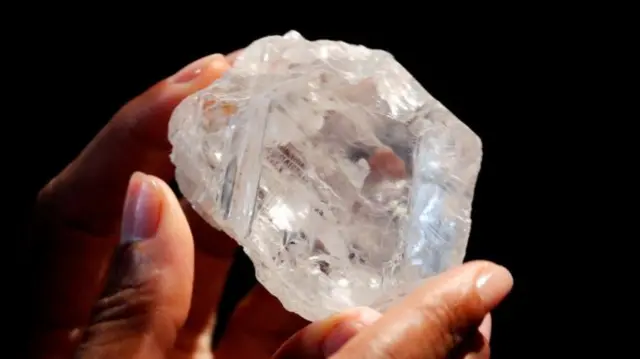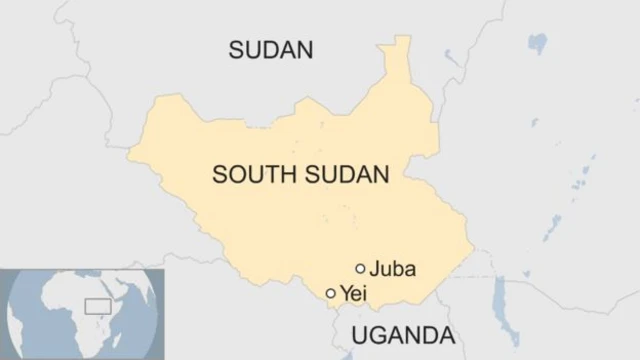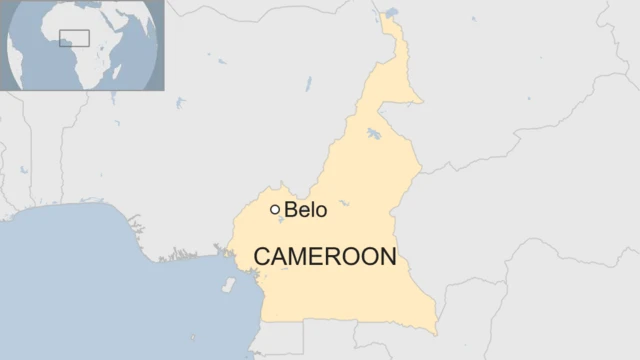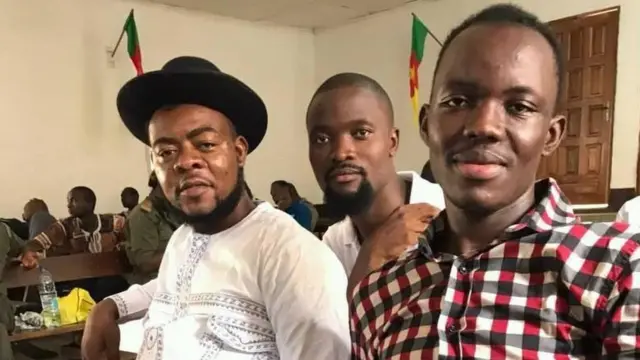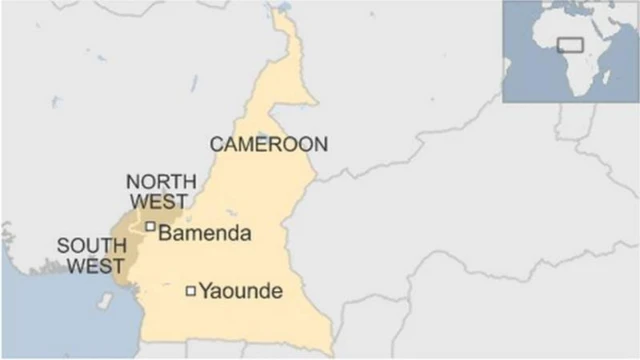Trump: Vote for US World Cup bid or lose our supportpublished at 10:35 BST 27 April 2018
US President Donald Trump has threatened political repercussions for anyone wanting to vote for rival Morocco to host the World Cup in 2026.
In a tweet President Trump wrote: "The US has put together a strong bid with the Canada and Mexico for the 2026 World Cup. It would be a shame if countries that we always support were to lobby against the US bid. Why should we be supporting these countries when they don't support us (including at the United Nations)?"
Allow X content?
This article contains content provided by X. We ask for your permission before anything is loaded, as they may be using cookies and other technologies. You may want to read X’s cookie policy, external and privacy policy, external before accepting. To view this content choose ‘accept and continue’.
Morocco is the only other contender, as this Tweet points out:
Allow X content?
This article contains content provided by X. We ask for your permission before anything is loaded, as they may be using cookies and other technologies. You may want to read X’s cookie policy, external and privacy policy, external before accepting. To view this content choose ‘accept and continue’.
The vote to award the 2026 event takes place on 13 June in Moscow at football's world governing body Fifa's annual congress.
Canada, Mexico, USA and Morocco are blocked from voting given their bids. That leaves 207 eligible national associations, requiring a simple 104 vote majority.
The BBC's sports news correspondent Richard Conway says the three North American countries already have the vast majority of the necessary stadiums and infrastructure already in place.
In contrast, a Morocco-based tournament would require significant investment.
